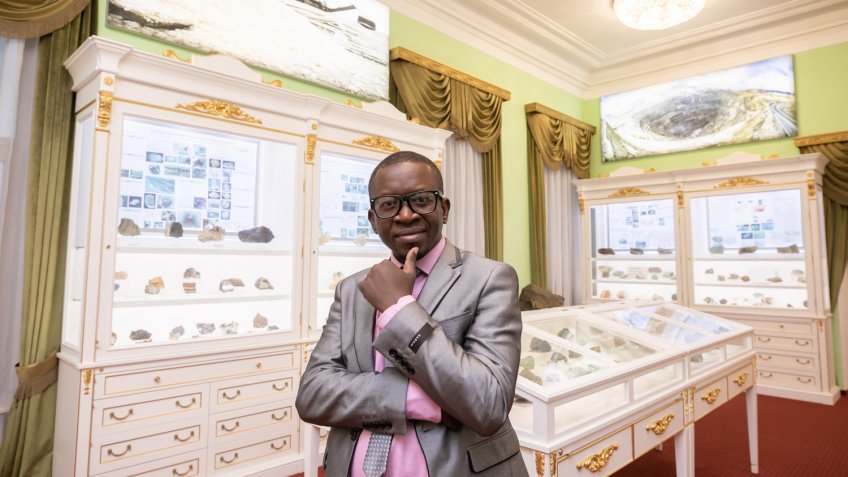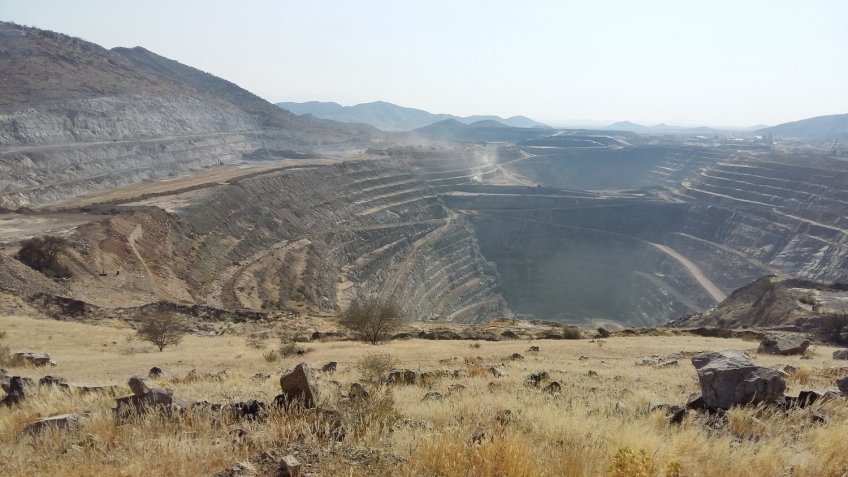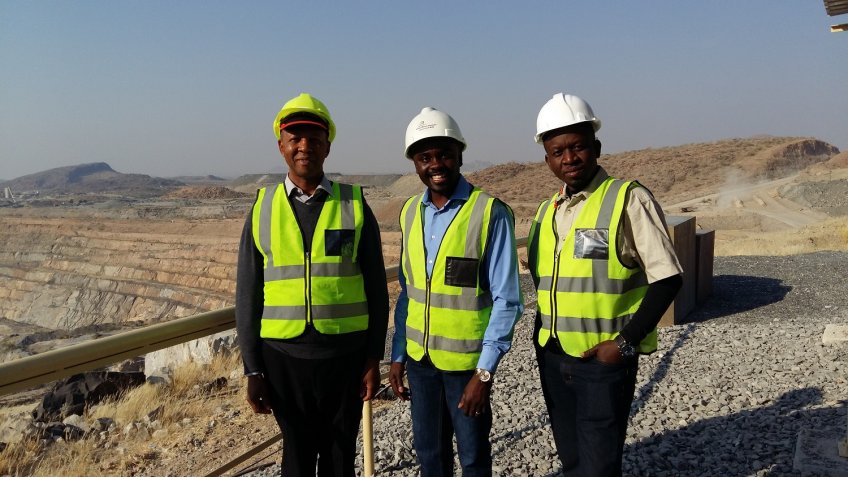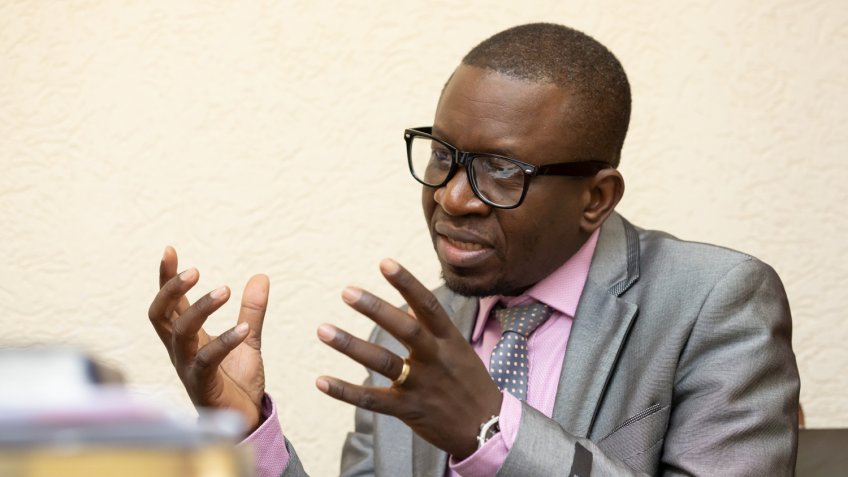
Andrew Stephenson, Minister of State for Africa and International Development of the UK, during the meeting held with Hage Geingob, President of Namibia, stated that Britain ’intends to give a boost to bilateral relations’. The Republic of Namibia is one of the top three safest countries on the African continent, but what makes it so special and attractive to Europeans? Could there be a business opportunity for the Russian industry as well?
Namibia is placed seventh in the list of countries possessing the world’s largest uranium reserves. Their volumes are estimated to amount to 260 thousand tons, which accounts for 5% of the currently explored global reserves. There are now four large deposits under development in Namibia. However, despite that prospects for the development of partnership relations exist, there is only one positive example of successful cooperation between Russia and Namibia - that is Uranium One, subsidiary of the nuclear corporation Rosatom, which has been involved in prospecting for new uranium resources.
Apart from uranium, Namibia is also rich in gem diamonds, gold, copper, iron ore, zinc, and other minerals. Russia is a country that has vast experience in minerals extraction and processing. We could fight for our share on the raw material market and earn good profits, but for now, it is other companies who make money on this.
To give some examples, the gold extraction is mostly conducted by Сanadian Trevali Mining and B2Gold, as well as by British QKR Corporation. Gold enrichment is carried out by Dundee Precious Metals. Diamond deposits are developed by South African De Beers and local Namdeb Diamond Corporation. And uranium is mined by Chinese CNUC. German enterprises are also present in the country - the notable example is a German Corporation for International Cooperation (in short: GIZ; from German ’Deutsche Gesellschaft für Internationale Zusammenarbeit’), whose areas of interest include among others academic exchange, law-related matters, environment and climate change.
As Bukasa Mukendi Pitchu, Associate Professor at the Mining Department of the University of Namibia, explains, ”The mining industry is one of the key income sources of Namibian economy - it forms the basis of Namibia's GDP -, resulting in the fact that our Government pays particular attention to improvement of the quality of engineering education. There is an important mission ahead of the country’s higher educational institutions - to intensify the training of high-skilled specialists so that they, in turn, would ensure the steady development of our economy. These matters are interrelated issues since the technologies that are used in the extractive industries have advanced to such a level that only engineers with high qualifications, - and there is a substantial shortage of them in Africa- can administer them properly. For these reasons, local authorities, as well as the university community have prioritised the development of inter-university relations across the globe and integration of higher educational institutions with industrial enterprises”.
The professor from Namibia had a working trip to St. Petersburg in mid-January, with the primary purpose of his visit being to estimate the prospects for partnering with the Mining University. Originally from Congo, Assoc Prof Pitchu graduated with a PhD Degree from St. Petersburg Mining University in 2008, only to leave for Quebec soon, to continue his studies. Canada became his second home – he got a residence permit and a job in Genivar (now renamed to WSP Global), a local engineering consulting firm. In 2016, the graduate of the Russian oldest higher technical educational institution took a landmark decision, a turning point in his career, and moved to Namibia to become a professor at the university and teach mining and project management.
According to Bukasa Mukendi Pitchu, "The way mining is taught in Russia and Western countries differs a lot. In Canada, university’s teaching staff deliver mainly common knowledge; they also teach how to use specific software solutions. Russian university professors pay more attention to details, which makes it easier to adjust to the future workplace. To design or to operate the mine, one would need to have hugely diversified skills and extensive knowledge, both of which are hard to gain if studying at an American or European university. In fact, those notes I took while studying here, at the Mining University, the same as the materials I read, help me now, in my work a lot. I even use a study guide on math I wrote as a student, under the supervision of Alexander Gospodarikov, Professor”.
The Namibian docent actually believes that academic cooperation between Namibia and Russia is the way to bring our two countries closer and push the relations on to the next level. As of now, the lack of competent engineers is a global problem, and if working together on solving the issue, the countries might find common ground.
Stating the purpose of his visit to St. Petersburg, Bukasa Mukendi Pitchu noted ”The Mining University is known due to its adherence to increasing efficiency of scientific research and through the quality of educational programs it delivers. The university served as a platform on the base of which an International Competence Centre for Mining-Engineering Education under the auspices of UNESCO was established. One of the tasks of the Centre is to develop a unified global system for certification of mining engineers. The Competence Centre has been also working on improving the quality of mining education and upgrading engineering skills of the specialists employed at mineral companies. Among the partners of the UNESCO Centre are German, Austrian, Finnish, and Chinese higher educational institutions. The University of Namibia is also willing to become part of this structure”.


